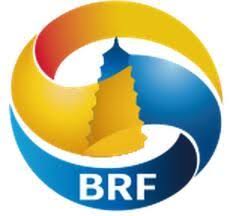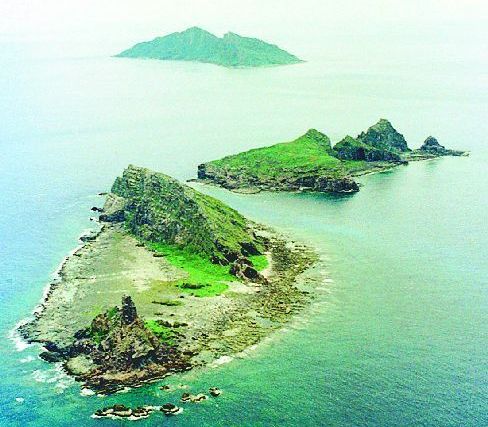International science and technology cooperation and exchange is an important part of China's open-door policy. It not only represents an important measure for developing the Chinese economy, science and technology but also constitutes a major component of the overall bilateral relations China has with other countries.
Since the advent of reforms and opening to the outside world, China has conducted both governmental and non-governmental science and technology cooperation and exchange through bilateral and multilateral channels worldwide, according to the requirements of China's scientific and technological and economic development and in line with the principle of "equality and mutual benefit, sharing results, protecting intellectual property rights, and respecting international norms". Thus far, China has established cooperative scientific and technological relations with more than 150 countries and regions and entered into governmental science and technology cooperation agreements or economic and technical cooperation accords with 96 countries. In addition, China has acquired positions in over 30 scientific and technical institutions within the United Nations system and participated in 800 or more international S&T and academic bodies.
The Chinese government has adopted a series of measures to encourage S&T personnel and research institutes to involve themselves in international cooperation in all aspects through various channels at different levels in a multitude of forms such as attending international academic conferences, holding international S&T exhibitions and symposiums, inviting foreign exports on lecture tours and for technical consultancy and feasibility studies, conducting cooperative research, joint investigation and exploratory activities, holding academic seminars, establishing joint laboratories, technical training centers, joint venture high-tech enterprises, sending scholars to conduct joint research in institutes abroad, and S&T personnel being hired overseas. The Chinese government strives to gear international S&T cooperation towards integration with cooperative activities in other areas, particularly in the economic sector.
In 1979, Deng Xiaoping and Carter signed Sino-US Agreement on S&T Cooperation during the summit in US. Under this framework agreement, the governmental agencies in the two countries have signed their respective cooperative protocols covering over 30 fields, which resulted in several thousands joint research projects and more than ten thousand personnel exchanges. As a result, a number of cooperative projects of S&T and economic importance were created such as Remote Sensing Satellite Ground Station of Chinese Academy of Sciences, Beijing Electron-Positron Collider, China Digital Seismological Forecasting Network, Coal Gasification Power Generation, Giant Panda Reproduction Research, Exchange and Cooperative Studies of Flora and Fauna Species, Studies on Chinese and American Food, Life Styles and Chronic Diseases, Human Genome Studies and project in the fields of environmental protection, agriculture and energy.
The S&T cooperation between China and US has not only been characterized with extensive scales and multi-disciplinary nature but also attracted the great attention of senior leaders of both countries.
On the basis of equality and mutual benefit, the Chinese side has learnt advanced S&T theories and management experience from the US side and the US has also obtained important statistics and data on cancer studies, rich agricultural crop species resources and abundant valuable data critical for the studying of the cause and formation mechanism of earthquakes and the improving of its forecasting.
On April 25, 2002, the 10th Session of Sino-US joint Committee raised its curtain in Beijing. During the session, both sides discussed issues of common concerns such as energy and mass sciences, ecological system and environment science, life and health science, agriculture and food science, science education and popular science and future direction, mechanism and approaches of S&T cooperation between the two countries. The participants also raised their suggestions for future cooperation in the field such as agricultural sciences, cleaning energy, gene science, nanotechnology, global diversification, science education and popular sciences, and information technology. At the end of the session, both parties signed a summary report for guiding the future cooperative activities between them in the field of science and technology. It is briefed that the said joint committee meeting that has run to its 10th session on a biannual basis created helpful platforms for the scientists from the two countries to meet challenges in the field of agriculture, health, energy and basic sciences.



















